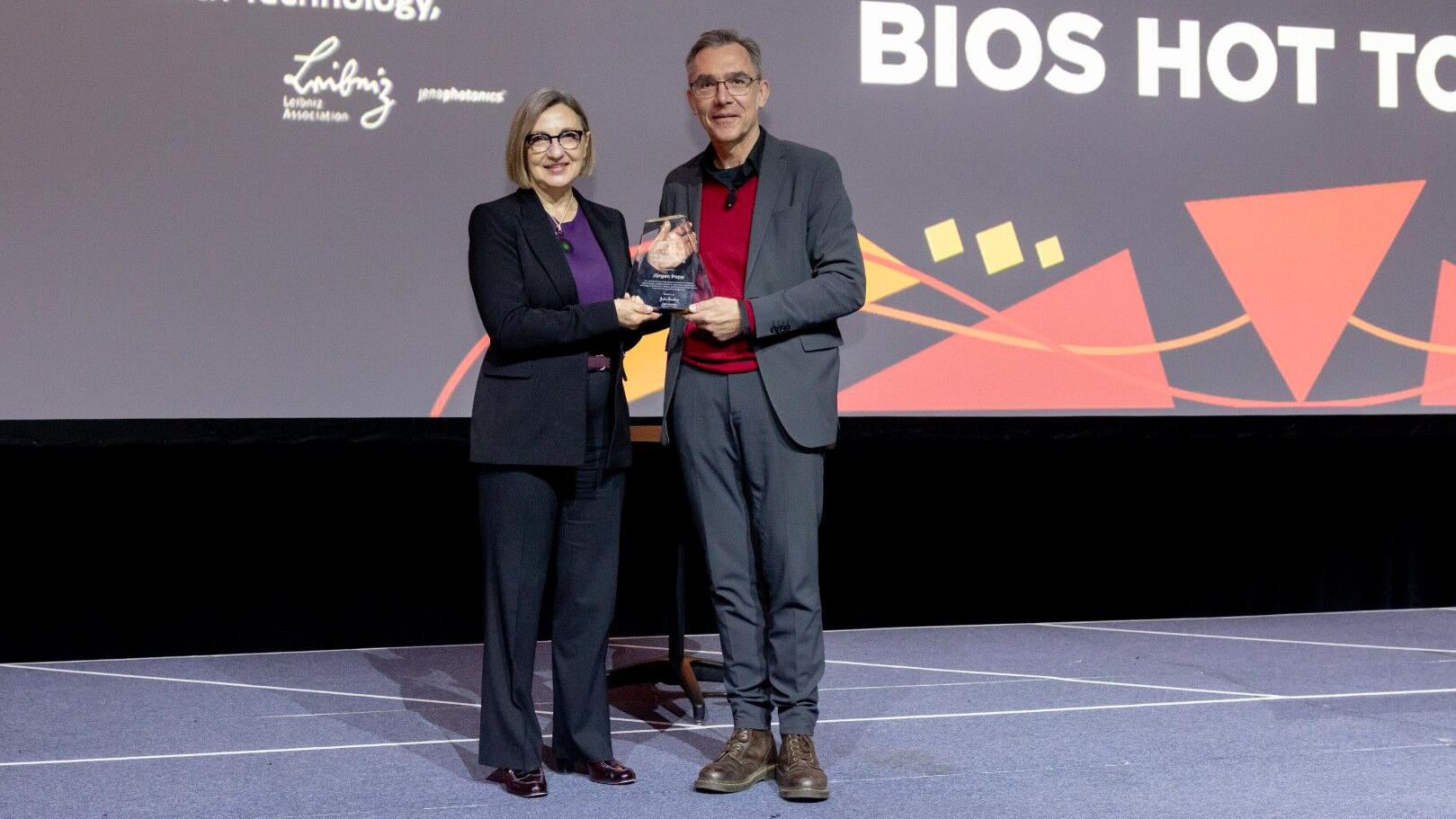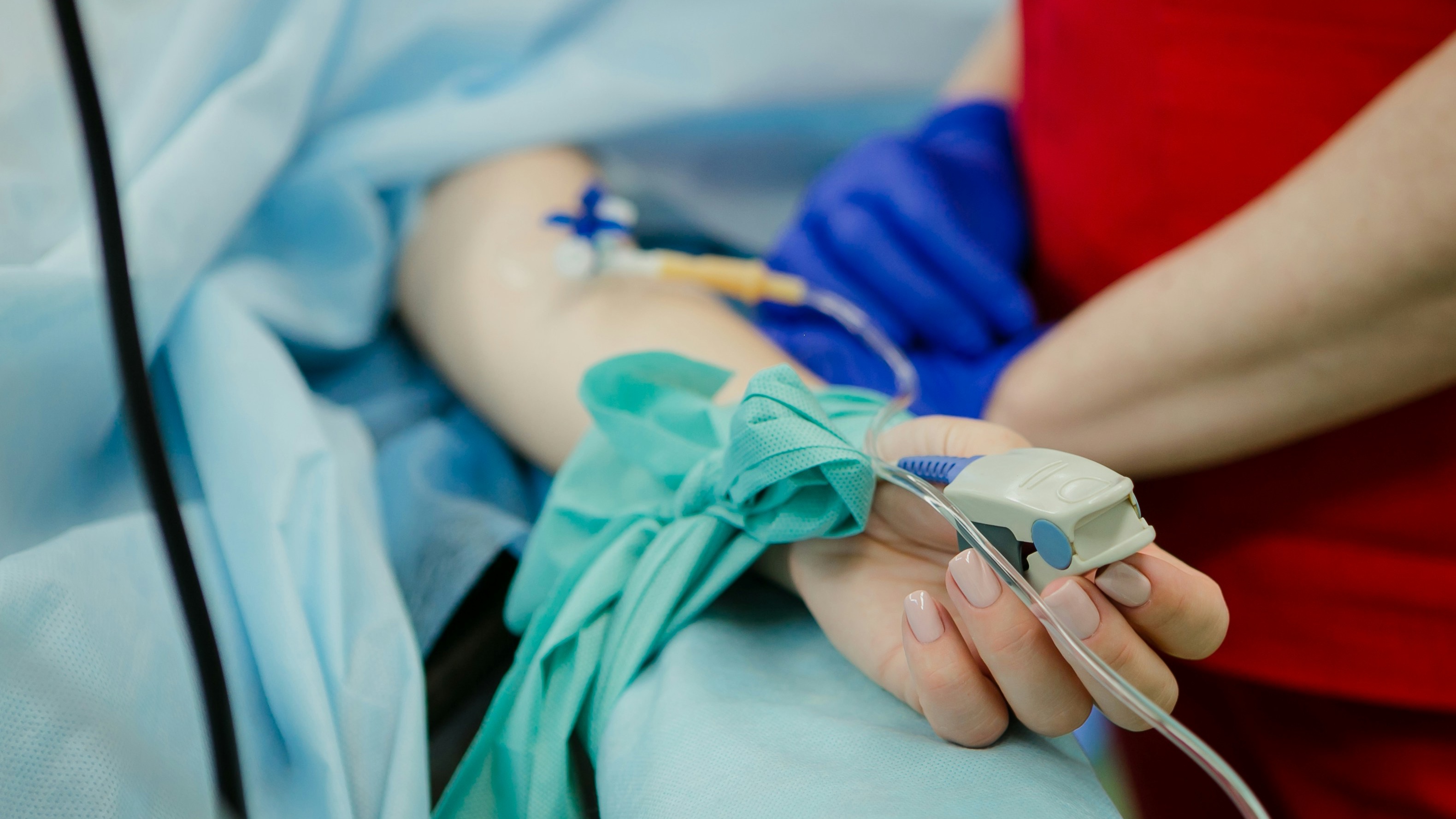
Professor Jürgen Popp, member of Leibniz INFECTIONS and Scientific Director of the Leibniz Institute of Photonic Technology (Leibniz IPHT) has been awarded the SPIE Biophotonics Technology Innovator Award 2026 – one of the most prestigious international prizes in optical diagnostics and medical photonics. The award recognises his outstanding achievements in advancing light technologies, such as Raman spectroscopy, and in making them usable for clinical applications.

New research data show that low humidity and low temperatures promote the spread of the influenza A virus. Even small weather differences between regions can influence the severity of the flu season. Details of the study are also explained by first author Dr. Elisabeth Pfrommer in the latest episode of „Mikroben im Visier“, the podcast of the research alliance Leibniz INFECTIONS.

Results from the international VITALITY study show that inexpensive nutritional supplements containing vitamin D and calcium can strengthen bone health in HIV-positive adolescents.

Antibiotic-resistant pathogens are posing increasingly serious challenges for hospitals. In the new episode of the podcast “Mikroben im Visier“, immunologist Professor Jan Buer from Essen University Hospital explains how hospitals are responding to the growing threat with screening, strict hygiene measures, and artificial intelligence (AI). He also calls on politicians to invest more in infection research.

The Research Alliance Leibniz INFECTIONS and the Kiel Institute for the World Economy are inviting applications for a PhD position in Global Health Economics. This position is open to an ambitious early-career researcher with a passion for policy-relevant research on infectious diseases and antimicrobial resistance in the context of heterogeneous health systems, aimed at international peer-reviewed journals.